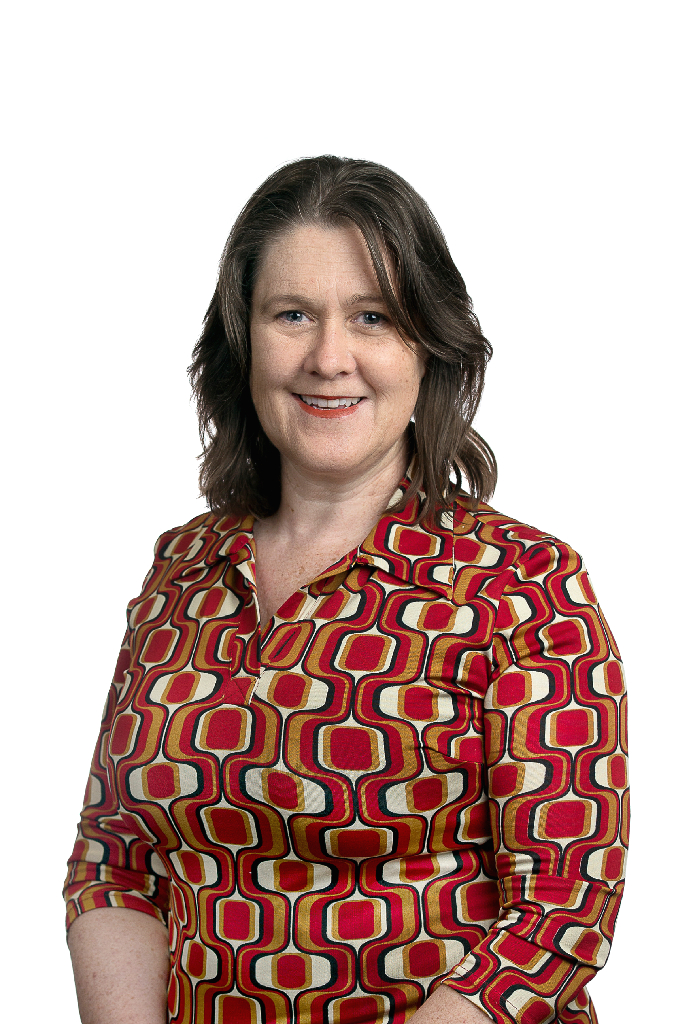Reflections on my PhD journey
As well as exploring face-to-face and online ways of working, I wanted my thesis to integrate cognitive and intuitive ways of knowing. To this end, I developed an art-based systems psychodynamic method.Reflections on my PhD journey, NIODA Graduation 2019
As well as exploring face-to-face and online ways of working, I wanted my thesis to integrate cognitive and intuitive ways of knowing. To this end, I developed an art-based systems psychodynamic method.
Reflections on my PhD journey
For my PhD, I chose to investigate a team where members are distributed across locations, and communication is a blend of online and face-to-face. I was curious to learn how this type of arrangement might affect the experience of work. Primary research questions included:
- How does the use of digital technology shape the nature of work and vice versa?
- What are the impact of place and place-based cultural norms and practices?
- How is meaning made in digitally-mediated communication and knowledge sharing systems?
- How does a system psychodynamic approach help us to understand contemporary organisational life?
My thesis is based on a case study with a partially distributed team of therapists working with children in an Australian child protection system. I found that the dispersal of the team, use of technology, and the structural separation of decision-making and service delivery limited their
capacity to work together as a team. My thesis can be found at http://hdl.handle.net/1959.9/567485
I would like to share some other things I learnt through the process: managing oneself in role, containment, and coming to know.
Managing oneself in role
From the start, there was a desire by research participants for me to be part of the team, rather than in my role as a researcher. This set up a conflict for me, because I had to be ‘in enough’ to understand something of their experience, yet maintain my role so I could think about what might be happening. And, even though I was cognitively alert to the dynamics, unconsciously, I became one of the team. This experience raised questions such as:
- What does it mean to be part of this team?
- How ‘in’ do you need to be?
- How is difference worked with?
This led to a working hypothesis about the experience of being part of this team and, when offered to the team, provided an opportunity to explore boundary relations. The experience highlighted, for me, the importance of managing oneself in role which, in turn, requires containment.
Containment
I cannot stress enough the importance of finding and creating structures to contain the experience of undertaking a PhD, using a systems psychodynamic approach.
As well as practical things such as participant information statements and consent forms, and institutional processes such as gaining ethics approval, meeting with supervisors and research progress panels, I also had:
- A research reflection group with whom I shared the ups and downs of my experience, and who offered new vantage points from which to view the research.
- Peers and colleagues who were available to think with me
- Weekly psychoanalytically-informed supervision
- A physical place to which I could anchor myself as I grappled to make sense of the data
- My family who supported me with cups of tea and hot dinners, and heard me say too many times, ‘I can’t, I have to work on my PhD’
Coming to know
These supports provided containment which enabled me to stay with the research. As well as exploring face-to-face and online ways of working, I wanted my thesis to integrate cognitive and intuitive ways of knowing. To this end, I developed an art-based systems psychodynamic method to explore my countertransference experience, something which was in me but of the research system.
When I was seduced by the internet to endlessly follow links to other research, or go down rabbit holes, getting further from the original focus of my thesis, it was the art-based method which helped to bring me back. It enabled me to get in touch with the experience, to transform it from some formless feeling inside me into an object that could exist outside me, and be thought about.
Dancing on the edge of knowing and not-knowing, the art-based method created a third to triangulate the data and theory, and provided depth to the exploration of underlying dynamics in the research system.
Having finished my PhD, I am drawn to further research about the artist-as-researcher, and how creative processes, together with systems psychodynamics, can be used to more deeply ‘come to know’ the experience of contemporary organisational life.

Dr Nuala Dent
Research lead & Academic staff member, NIODA
3 December 2019
Reflections on my PhD journey
ps Are you a leader or manager and would like to learn more about psychodynamic methods? Have a look at the NIODA Master of Leadership and Management (Organisation Dynamics) course.
Reflections on my PhD journey by Dr Nuala Dent
